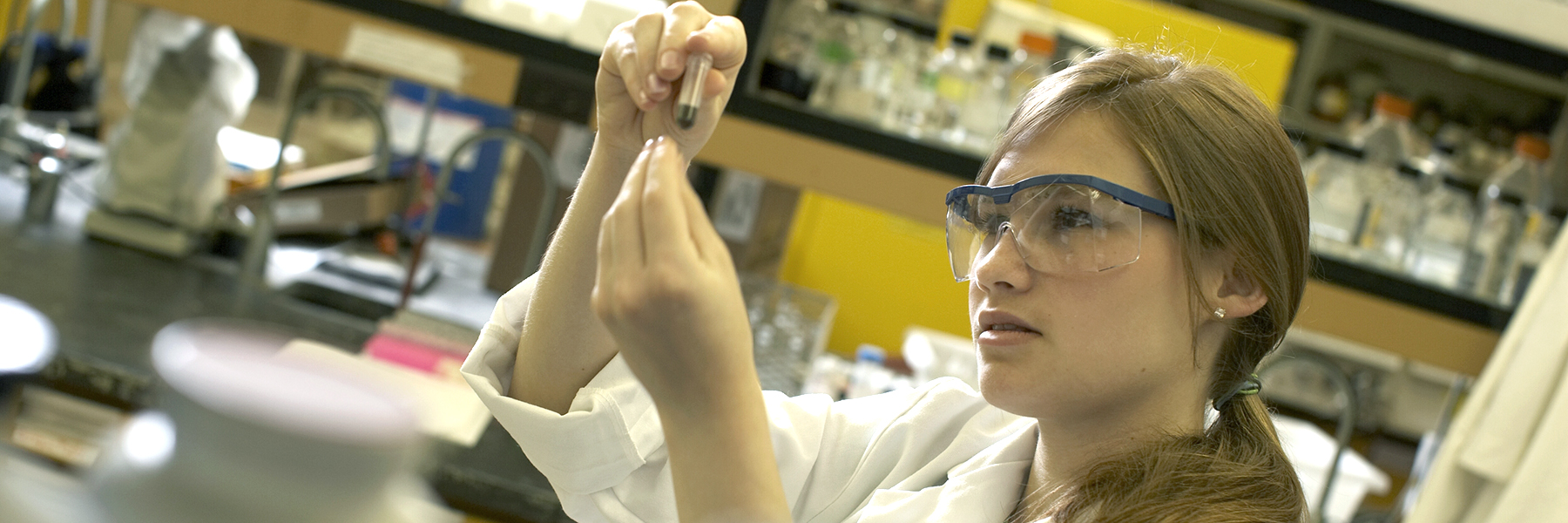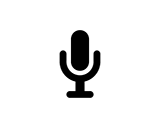Student Opportunities

Student Enrichment
Conducting research in laboratories and learning through the community-engaged course and internship placements provide enriched experiences beyond the classroom.
Internships
Students may choose to participate in experiential learning opportunities, making real-world connections to their majors and interests. Students work with the Career Center to secure an internship or externship in a community setting. BBS students have completed internships in a variety of social service, educational, medical, pharmacy and business settings, including:
- American Heart Association
- American Medical Association
- Autism Treatment Center
- Baylor Scott & White Health
- Chase Bank
- Children’s Health
- JCPenney
- Leukemia and Lymphoma Society
- Liberty Mutual
- Perot Museum of Nature and Science
- Raytheon
- State Farm
- Texas Health Resources
- The Turning Point Rape Crisis Center
- UT Southwestern Medical Center
- Walmart
- YMCA
See the procedures for enrolling in internships.
Community-Engaged Learning
Community-engaged learning can encompass service-learning, participatory research, and project-based scholarship. It is a reciprocal and creative approach that immerses students in real-world environments with a focus on topical issues. In these classes, students address critical societal issues while helping build 21st century interpersonal and leadership skills. Courses devoted to sustainable development, tutoring immigrant high school students, and working with families of young children are examples of such community-engaged courses. See the following UT Dallas News Center stories for additional details:
University Honors Outstanding Undergraduate Student, Academic Advisor
Terry Scholars Cook Up Way To Help Restaurants, Feed Hospital Workers
Students Develop Recipe to Help North Texas Food Bank During COVID-19 Outbreak
Students Help Young Immigrants Reach Goals in Service Learning Class
New Service Learning Classes Build Community Connections
Research Experiences
Valuable training for graduate and professional school is sought by many students who assist with research activities conducted in BBS research laboratories and centers. Students participate in research across a range of topics, including pain management; cognition and aging; facial recognition; children’s social, cognitive, and language development; mathematical models of machine learning; and family relationships. Students work closely with faculty and doctoral students in all aspects of research, including reading scientific literature, conducting experiments and analyzing data.
Interested undergraduate students are encouraged to participate in research laboratories, especially if they are interested in graduate school. Apply to participate in labs using the research portal.






